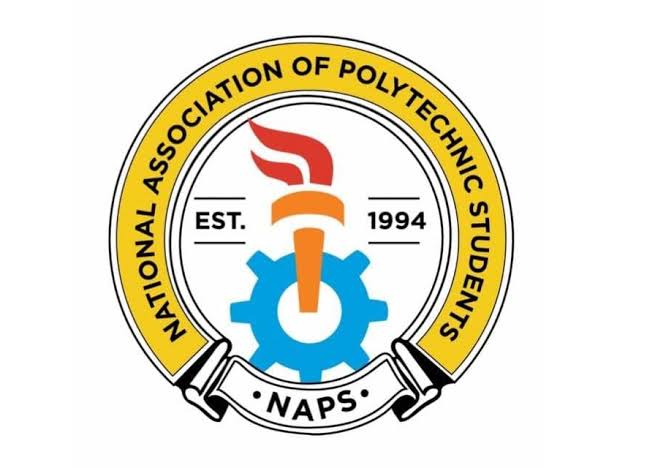The National Association of Polytechnic Students (NAPS) has announced plans to protest against the Joint Admissions and Matriculation Board (JAMB) Registrar, Prof. Is-haq Oloyede.
This decision was communicated through a statement issued by the Senate arm of the union.
In their announcement, NAPS has called on participation from all federal and state polytechnics, private polytechnics, federal colleges of agriculture, federal cooperative colleges, and any other institutions offering Ordinary National Diploma (OND) and Higher National Diploma (HND) programs.
The protest letter stated: “The NAPS Senate leadership invites all Polytechnic students, SUG Presidents, NAPS national executives, NAPS zonal structures, and all stakeholders to join the fight against the detrimental policies of JAMB Registrar, Professor Olanrewaju Is-haq Oloyede, which negatively impact Polytechnic students and Polytechnic education in Nigeria.”
The statement further explained, “This protest aims to demand either the removal of the JAMB registrar or a reversal of his harmful policies against the Nigerian Polytechnic sector.”
The demonstration is scheduled to take place on September 12, 2024, in Abuja.
NAPS Senate President Adeniki Temitope accused JAMB of instructing the NYSC to exclude Polytechnic students—particularly those who completed part-time studies for their National Diploma and full-time studies for their Higher National Diploma—from serving.
Temitope stated, “We are witnessing a situation where students who completed part-time National Diploma programs and full-time Higher National Diploma programs are being denied the opportunity to serve. This is happening despite JAMB collecting between N5000 and N6000 per student for regularization. This part-time and full-time scheme has been in place long before Oloyede’s tenure as JAMB registrar, and Polytechnic students should not be treated as second-class citizens.”
He emphasized that despite multiple attempts to address the issue with JAMB, all efforts have been unsuccessful. The number of affected students is substantial, making the situation particularly concerning.

